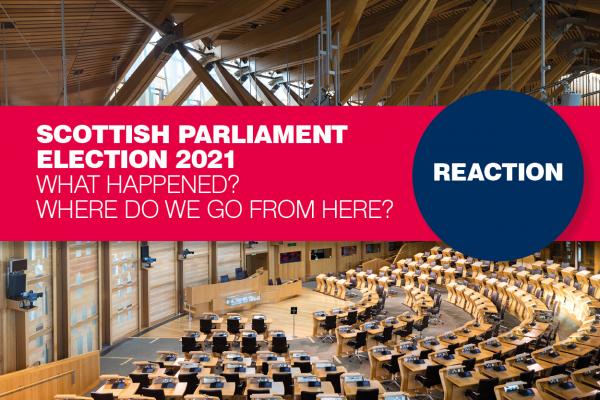Elected as leader of the Scottish Labour party just a few months before the 2021 Holyrood Election, Anas Sarwar sought to inject new energy into the flailing party. Young and personable, activists hoped that the new leadership would offer an alternative to a campaign focused on the constitution. And initial signs were promising, with Sarwar presenting a middle ground between the SNP, committed to another referendum on independence, and the assertive, perhaps even aggressive unionism of Douglas Ross’s Conservatives.
This came through in the televised election debate where the Scottish Labour leader quietly commanded the attention of the (Zoom) audience. However, despite the strengthening of Sarwar’s brand, Labour struggled to translate this positive brand into votes.
This remains the persistent issue for the party. It cannot out-nationalist the SNP, and leaders appear uncomfortable talking about issues of identity. It also cannot out-Unionist the Conservatives, who appear committed to blocking a second independence referendum no matter the cost.
In trying to claim the middle ground, Labour finds itself squeezed between two dominant rivals. It remains to be seen, in a parliamentary term likely to be defined by constitutional issues, whether Scottish Labour may return to the foreground of Scottish politics.

